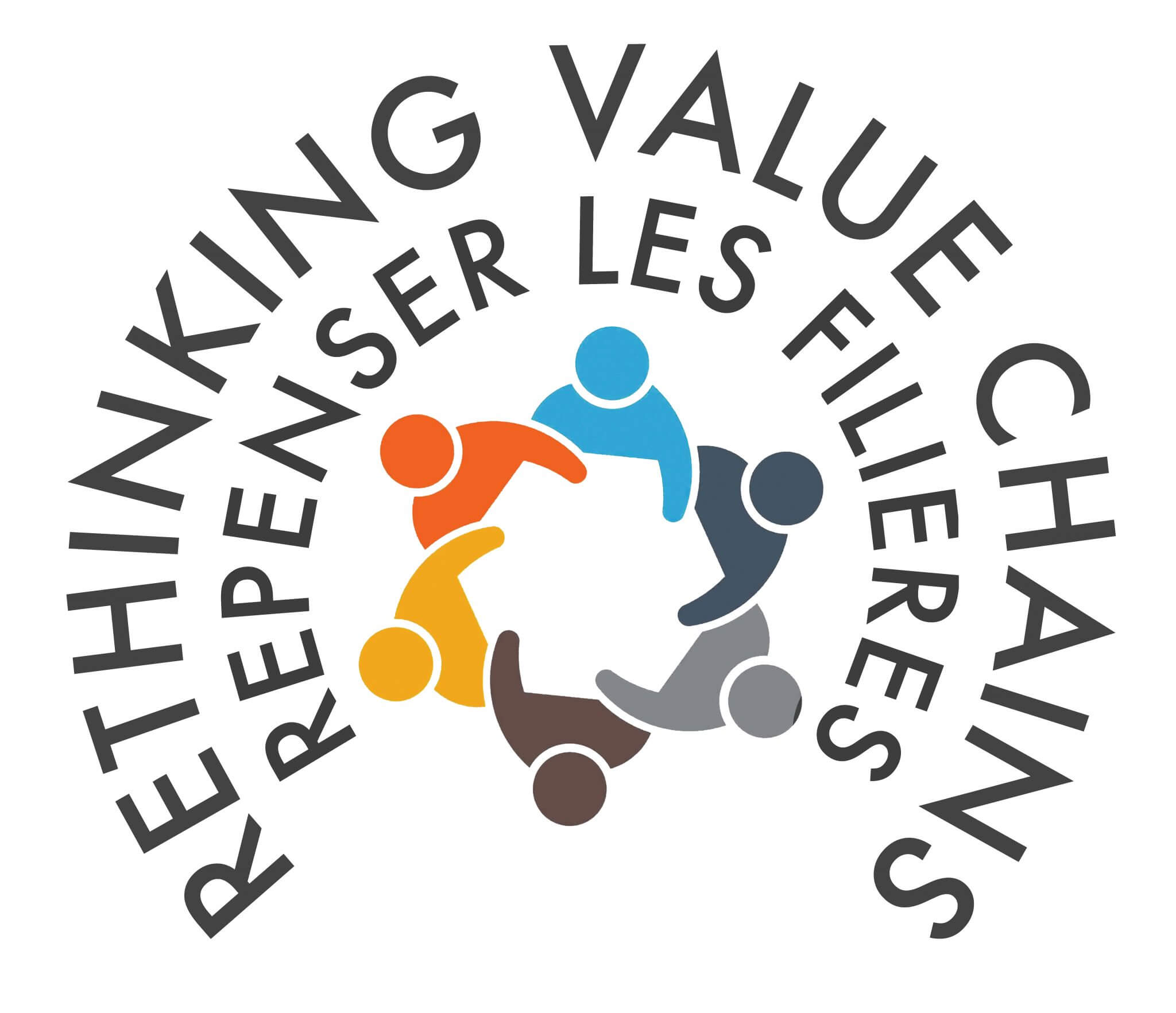Our vision is of binding regulation and sanction systems on corporations that effectively safeguard the labour, human and environmental rights of workers, producers and communities along value chains and that ensure justice for victims.
Our activities
What we do
The Rethinking Value Chains Collective provides a space to develop strategy and actions, based on the sharing of experience between our members, in order to support and strengthen our work towards changing the current economic and political system.
We aim to improve existing economic, legislative and governance structures and redress power imbalances within them (“hegemonic” change). We also contribute to the construction of alternative models of trade, self-reliance and global interdependence (“anti-hegemonic” change).
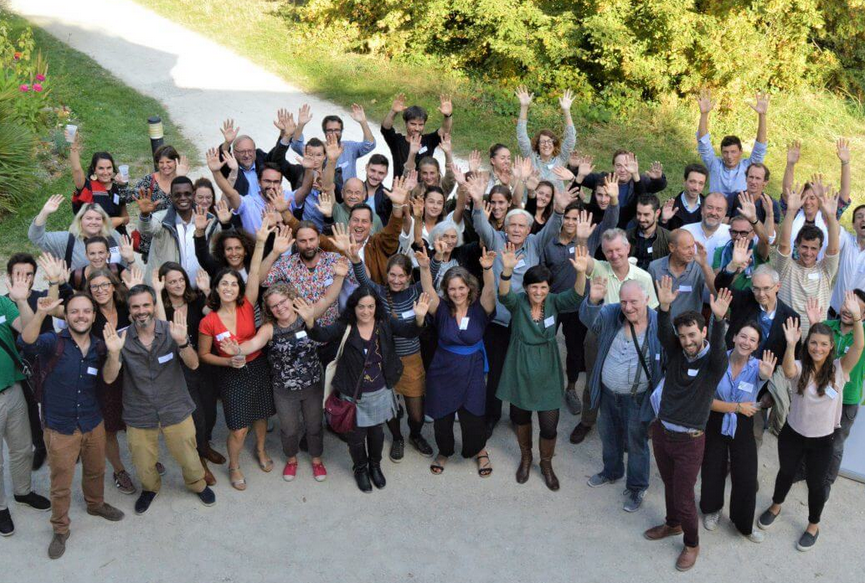
Empowered Workers, Producers and Communities
The empowerment of workers and their trade unions, small producers and their representative organisations, and local communities, is at the heart of our vision. It is essential that these primary stakeholders – including their female representatives – have the power and the ability to defend their rights and engage in negotiation, collective bargaining and legal action to make their voices heard at company, industry and government level.
The active engagement of all marginalised groups that may be vulnerable within value chains – to strengthen their social and economic position and to advance solutions that address their specific needs – is essential in the urgently necessary transformation to sustainable, fair and resilient value chains.
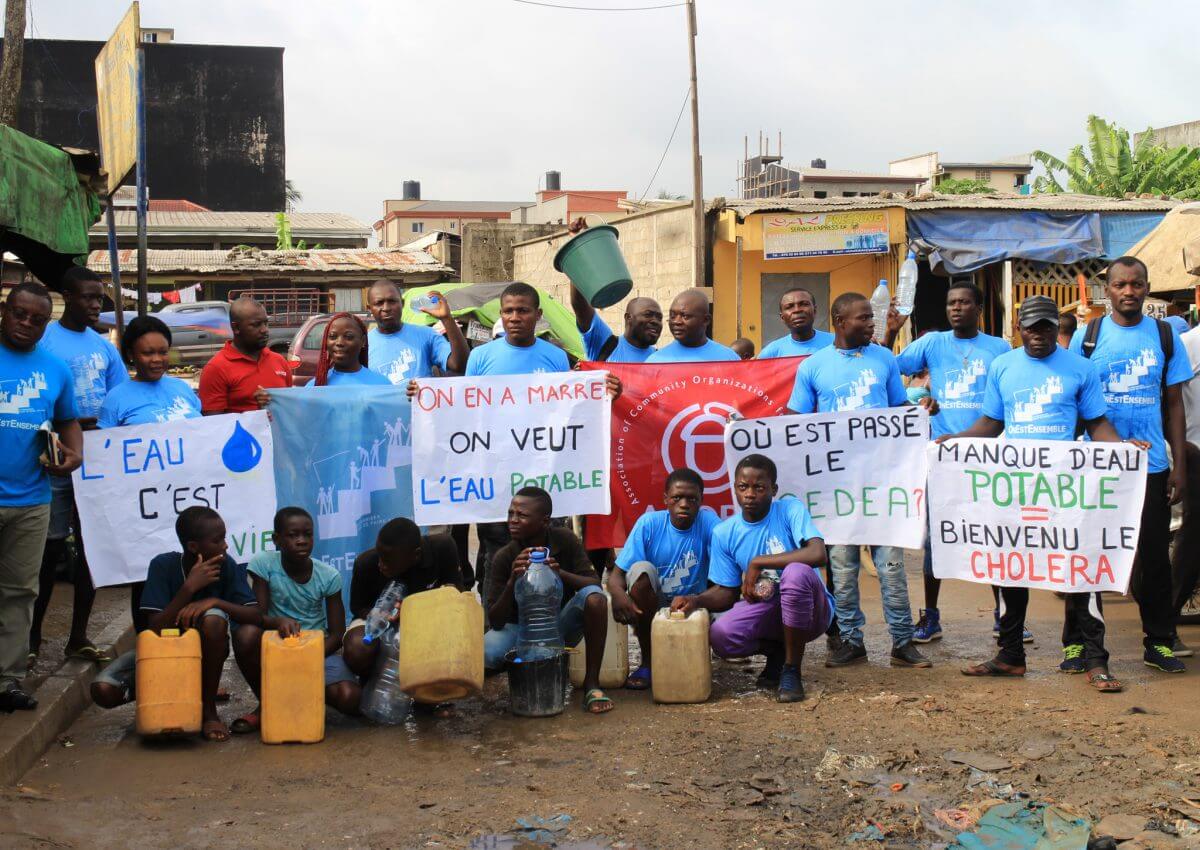
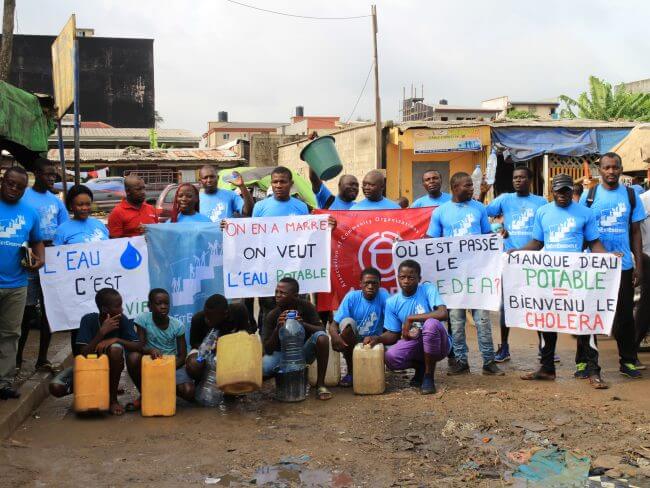
Binding Regulation on Corporations
The absence of an adequate regulatory structure has resulted in numerous disasters, from the Rana Plaza tragedy in Bangladesh, to the Chevron environmental disaster in Ecuador. In the case where companies – or individuals and departments within them – have a genuine motivation to raise social and environmental standards along their value chains, the structural and institutional imperative to drive down prices and maximise shareholder profit repeatedly emerges as a barrier to change. In this context, the Collective takes the position that voluntary initiatives are insufficient to safeguard human and labour rights and ecosystem health at national and global level.
Companies must be made liable for violations, including those that are linked to their contractors, subcontractors, subsidiaries or suppliers. Where the willingness or ability of a state to regulate corporate activity is absent or weak, alternative law forums offer possible routes to justice. The primacy that trade and investment agreements have gained over the pre-existing international institutions and processes which were established to promote social well-being, environmental sustainability and peace needs urgently to be reversed.
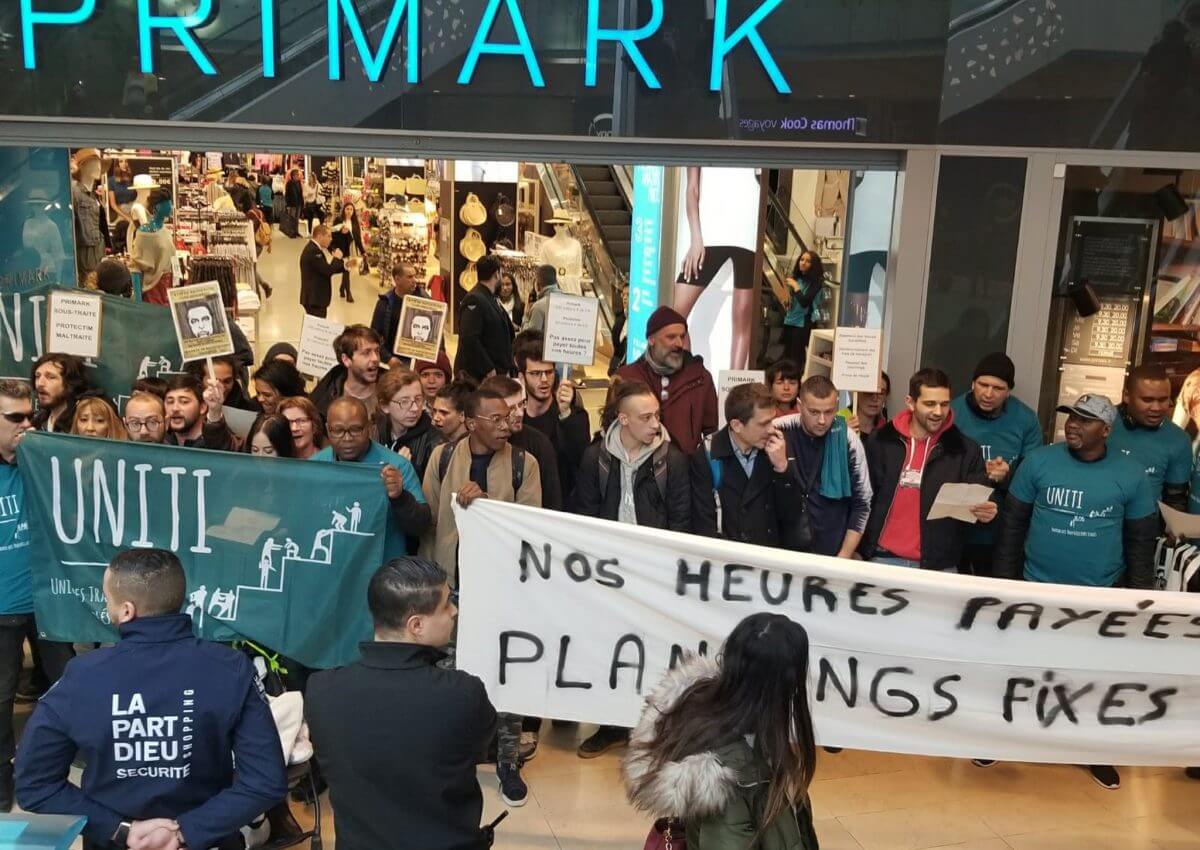

A Fair Distribution of Value Along Chains
Present day value chains are characterised by massive concentrations of (buying) power at the level of retailers and large traders who are able to dictate the terms of trade. The diminished bargaining power of producers and other suppliers means they are often left with a painful choice – to sell on poor and unpredictable terms, or not to sell at all.
The transformation of economic and pricing systems, in order to safeguard human and labour rights and regenerate ecosystems, is an urgent necessity. The redistribution of value along existing chains is central to this transformation. However, in some chains the price to the consumer is currently below that needed to cover sustainable costs of production including, for example, the payment of living wages and respect for the reproductive rights of women workers. Measuring social, economic and ecological impacts at different stages of value chains – often known as market “externalities” – makes hidden costs visible so that they can be “internalised” in the financial flows and relationships that characterise international trade and investment.


As the coronavirus pandemic in 2020 clearly demonstrated, these value chains are not resilient, and at times when trade is disrupted, risk is transferred down the chain so that the costs are borne disproportionately by the most vulnerable actors.
Economic Alternatives
The Rethinking Value Chains Collective provides a space to creatively and pragmatically reimagine the economic, governance, and legislative frameworks that shape value chains. We need a business ecosystem that is not defined and restricted by the primacy of shareholder profit over all other forms of social and environmental value. Different legal frameworks and models of ownership can enable enterprise that is redistributive instead of exploitative, ecological instead of extractive. We need also to strengthen the democratic structures through which human, labour and environmental rights are advanced – including the provision of universal basic services.
In this work of reimagining, we consider the need for relocalisation as well as the importance of value chains at regional, national and global levels. And we believe that global interdependence is enriching when it creates new possibilities, and when it is based on a broader conception of value, for example taking into account the social value of a good or service. Global interdependence can complement local self-reliance when international trade is managed within environmental limits and based on respect for human rights. During this period of transition and transformation, new enterprises and chains of value – their actors, their modes of production, distribution and disposal, and their values – require insulation from the growth-driven market economy.
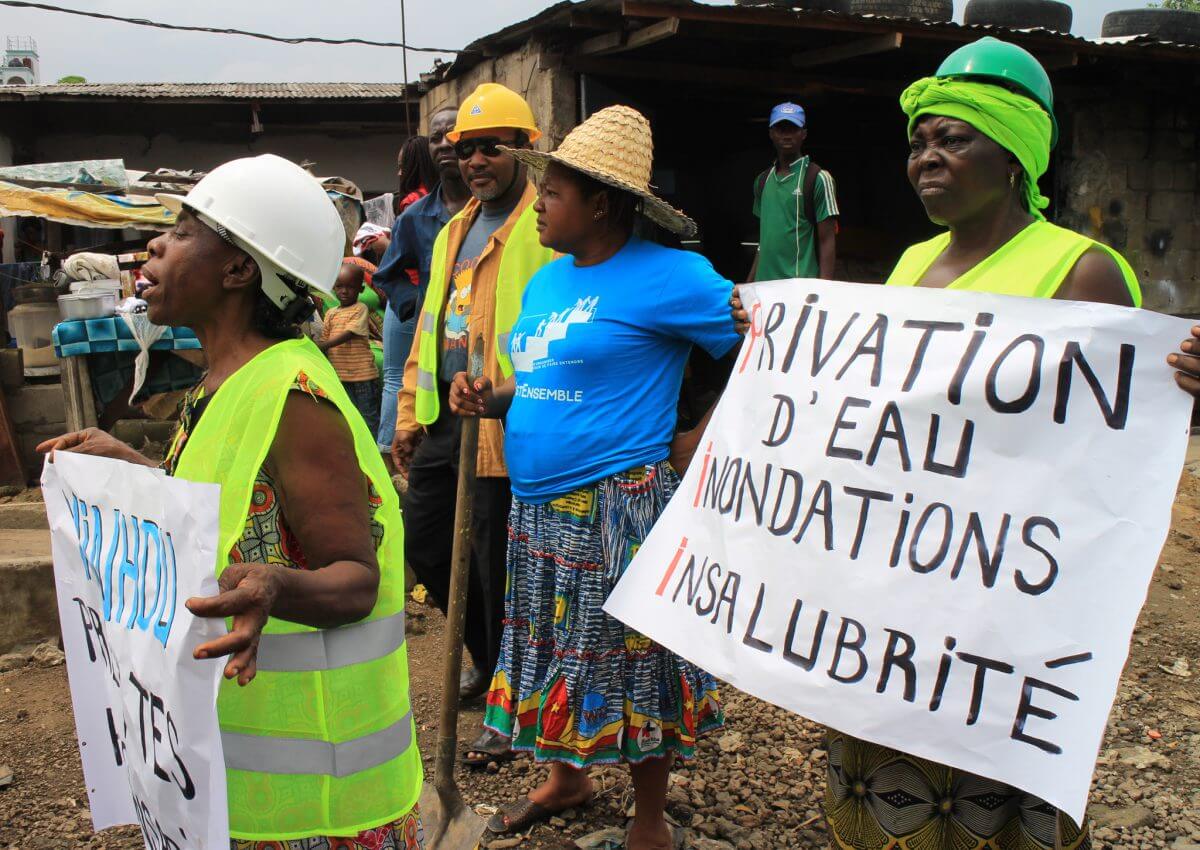
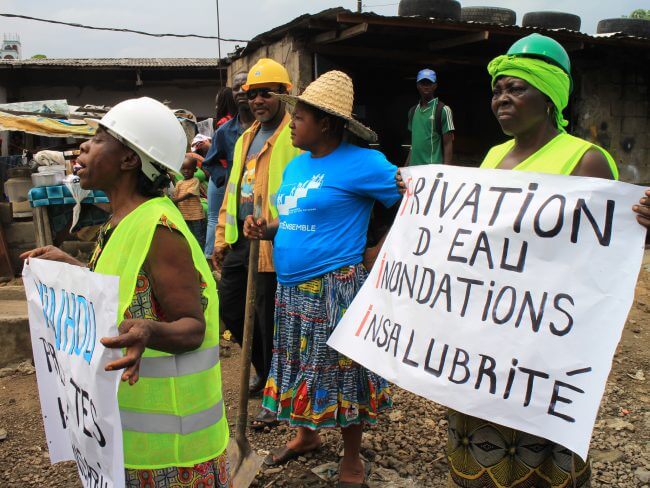
We hold a vision of open, localised economies based on equitable relationships, cultural diversity and ecological integrity.

Latest News
EU Corporate Sustainability Due Diligence Directive
Press statement from ActionAid France, Les Amis de la Terre France, CCFD Terre Solidaire, Sherpa, Notre Affaire à Tous, la […]
Read More